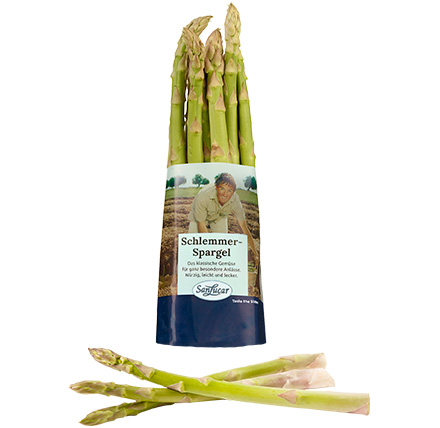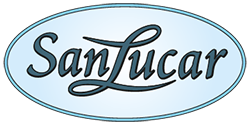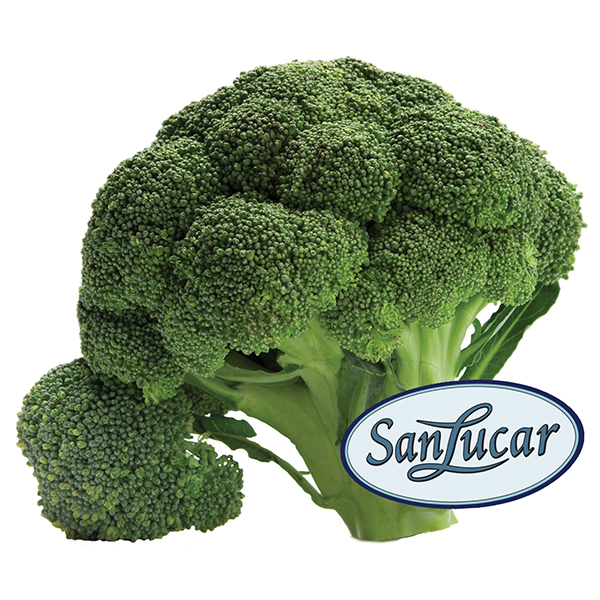A new scoring system makes it easier to eat healthy
I just read something very interesting: David Katz, a professor at Yale, has developed the NQ – the nutritional quotient. Or, eating using your head! What is particularly good for us is an NQ of 100 because the ratio of calories and nutrients is particularly favourable or the food contains ingredients that are great for our health many times over.

A total of 30 criteria have been defined by the professor, which are included in the calculation of points. For example, vitamins, dietary fibres and minerals score plus-points, while trans fats, salt or refined sugars will get you minus-points. The scale ranges from 1 to 100 – the maximum score is achieved with broccoli, kohlrabi, asparagus, cauliflower, spinach and green beans, all of which are due to ingredients that are proven to protect against cancer.


